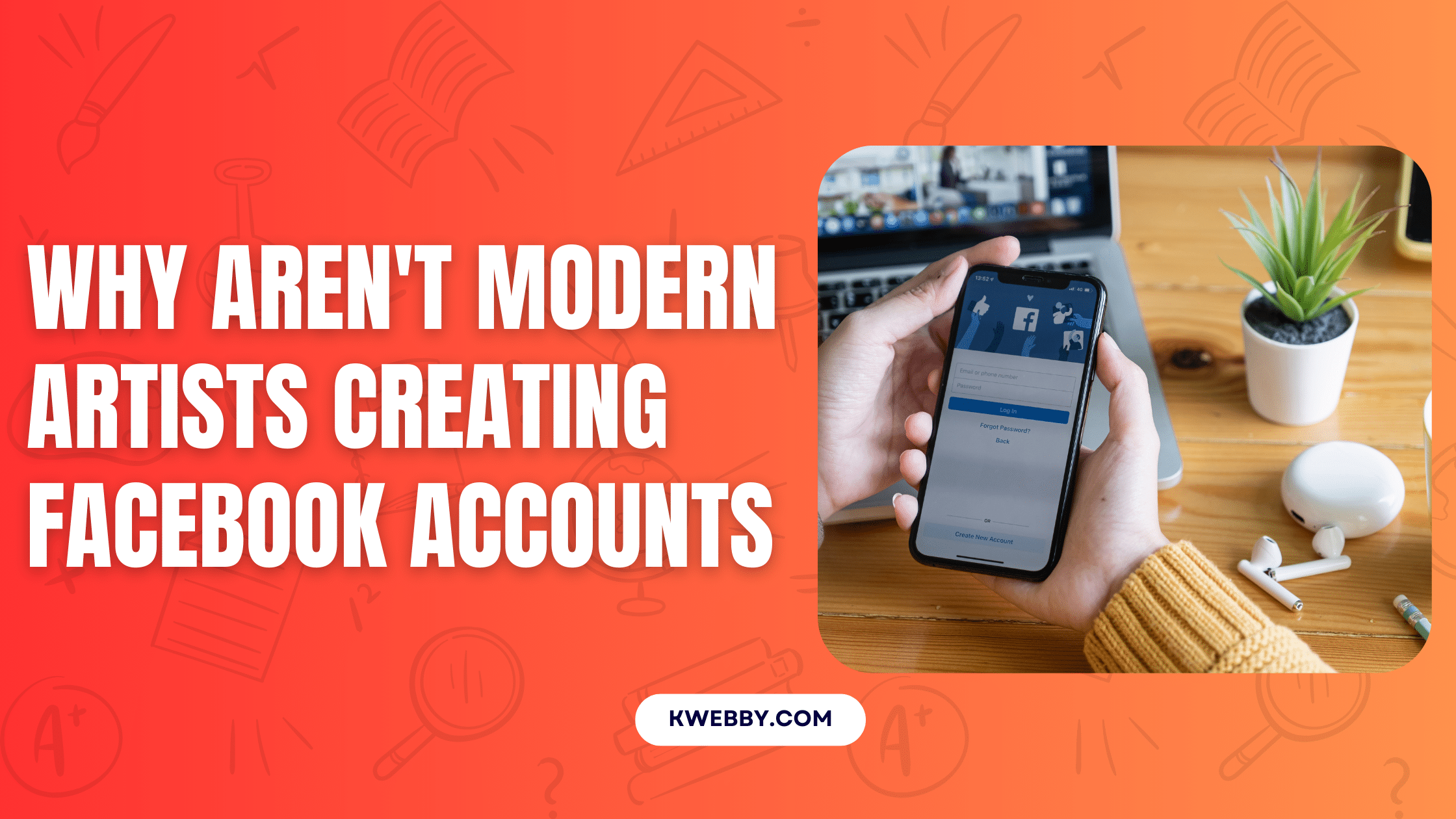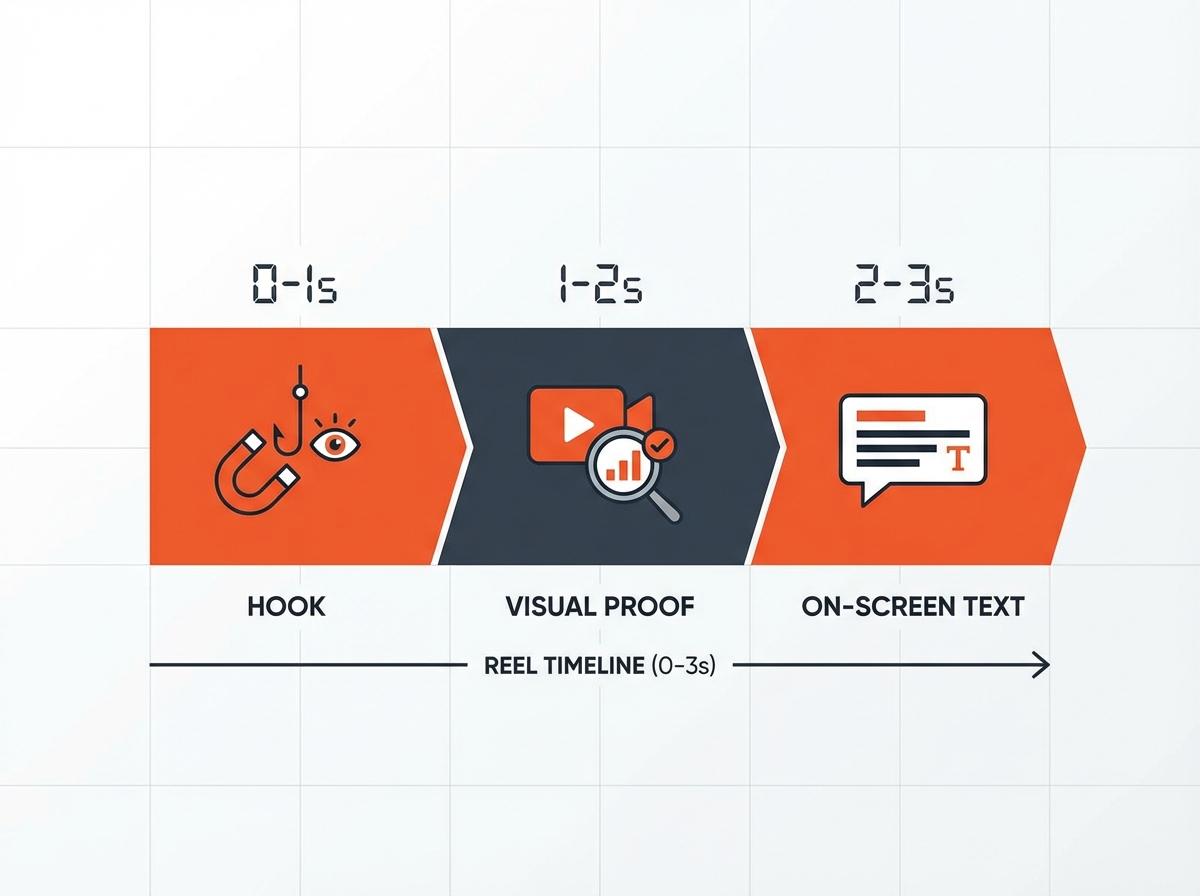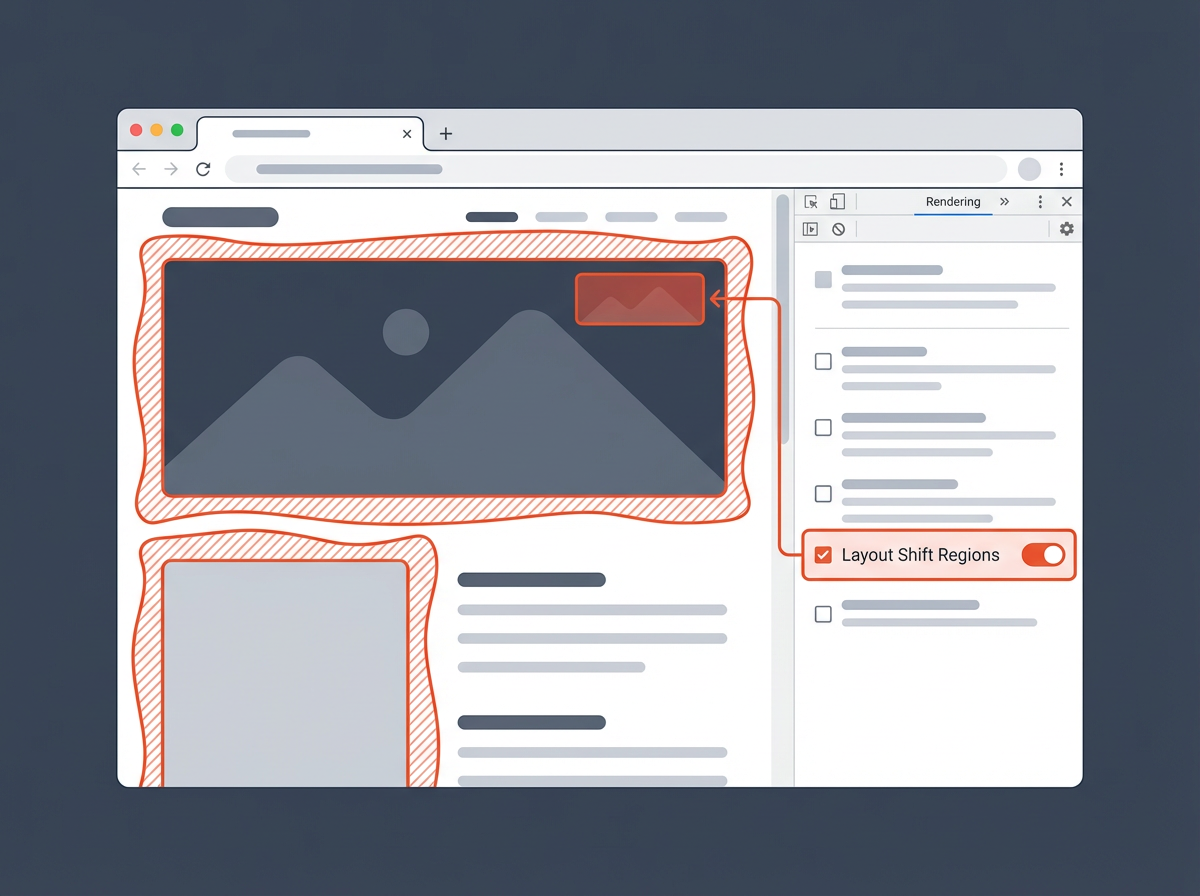Social media has become an essential platform for personal branding and audience engagement, yet many modern artists are choosing to avoid creating Facebook accounts. This trend raises questions about their intent and challenges conventional wisdom about the importance of Facebook in professional networking.
Is it a deliberate choice to focus on other platforms, or are deeper concerns driving this decision?
Understanding the reasons behind this phenomenon offers insight into the evolving digital strategies of today’s creative professionals.
Artists That Are Against Facebook
While Facebook plays a dominant role in connecting people globally, some notable figures have voiced strong objections to the platform. These artists and technologists have taken a firm stand against Facebook’s practices, raising concerns over privacy, data handling, and ideological differences. Below are a few prominent names and their reasons for opposing Facebook:
Steve Wozniak
The co-founder of Apple, Steve Wozniak, has been vocal about his disdain for Facebook, citing the platform’s monetization of private user data as a significant issue. He has urged users to leave Facebook if they prioritize their privacy, emphasizing the ethical concerns of exploiting personal data for profit. (Source)
Brian Acton and Jan Koum
The founders of WhatsApp, Brian Acton and Jan Koum, parted ways with Facebook due to their apprehensions over weakening encryption and data privacy. They were critical of the growing divergence between Facebook’s business approach and WhatsApp’s original commitment to secure and private communication. (Source)
Kevin Systrom and Mike Krieger
The co-founders of Instagram, Kevin Systrom and Mike Krieger, left Facebook following disagreements over the platform’s handling of user data and growing integration with Facebook. Their departure underscored a clash in visions, as they sought to preserve Instagram’s independent identity and user-focused experience. (Source)
Paolo Cirio
Paolo Cirio, an Italian artist and activist, is widely recognized for his thought-provoking work on social media and digital privacy. In 2011, he co-launched “Face to Facebook,” a controversial project that collected one million Facebook profiles and published 250,000 of them on a fake dating website. The project aimed to highlight the misuse of personal data and the growing threats to privacy in the digital world. Cirio’s art examines the balance between technological progress and ethical accountability, encouraging audiences to reflect on the limits of data use and surveillance.
Kate Durbin
Kate Durbin, an American artist and writer, explores digital culture and social media dynamics through her compelling work. Her performance piece, “Unfriend Me Now!“, addressed the divisive impact of Facebook during the 2016 U.S. Presidential election. The piece featured Facebook Clown, a character embodying the platform’s effect on personal relationships and political conversations. Through satire and performance, Durbin shed light on the emotional and societal toll of social media, encouraging a critical look at its influence on modern communication and connection.
Reasons Why Why aren’t Modern Artists creating Facebook Accounts
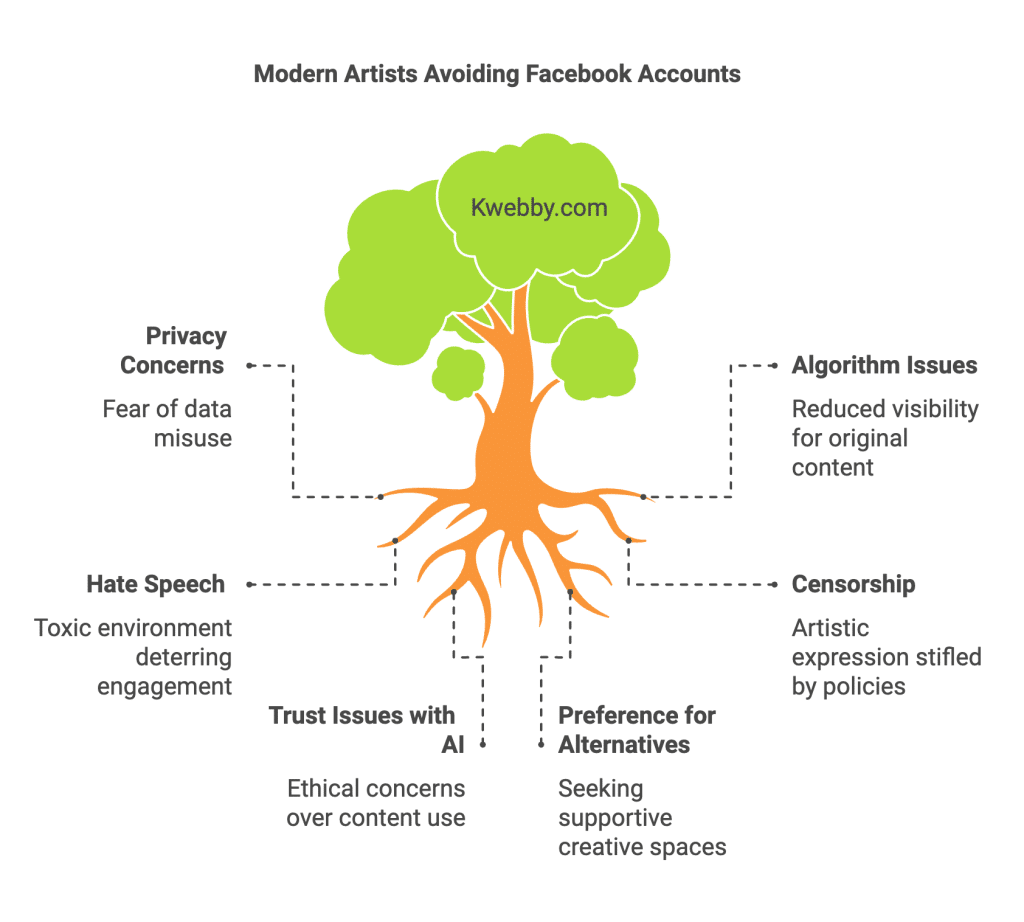
Privacy Concerns
Modern artists are increasingly hesitant to engage with platforms like Facebook due to mounting privacy concerns. Key reasons include:
- Extensive Data Collection: Facebook collects vast amounts of user data, tracking habits, interests, location, and even sharing data across its platforms, which raises serious concerns about privacy invasion and excessive monitoring.
- Personal Data Misuse: High-profile incidents like the Cambridge Analytica scandal, which led to a 66% trust decline, and ongoing data leaks have left many users worried about how their sensitive information is handled.
- Unwanted Advertising and Monetization: Many users express frustration with intrusive targeted ads, which are driven by Facebook’s monetization of private user data.
- Weak Privacy Protections: Weak encryption standards and forced data sharing between Facebook-owned platforms add to user skepticism, especially among artists who value privacy and control over their digital presence.
Algorithm and Visibility Issues
Maintaining visibility on Facebook as an artist presents significant challenges.
- Constant Posting for Visibility: Artists must consistently create and share content to remain relevant, as inactivity quickly leads to diminished reach.
- Deprioritization of Original Content: Facebook’s algorithm often favors viral or trending content, pushing original artistic creations to the background.
- Short Attention Spans: Engaging audiences in an environment with fleeting attention spans is increasingly difficult, reducing meaningful interaction with posts.
- Pay-to-Play for Reach: Boosting posts has become a necessity, as organic reach is often insufficient without paid promotion.
- Delayed Relevance: Posts frequently appear in users’ feeds after the event or moment has passed, reducing their impact and timeliness.
- AI-Recommended Content Dominance: Approximately 20% of the content in user feeds is AI-recommended, diluting the visibility of organic posts from creators.
Hate Speech and Content Moderation Issues
Modern artists are often deterred by the ongoing challenges Facebook faces in effectively managing harmful content.
- Prevalence of Hate Speech: Despite initiatives to reduce it, millions of hate-filled posts persist on the platform, fostering a toxic and unwelcoming environment for creatives.
- Ineffective Content Moderation: Automated moderation tools frequently struggle to distinguish between harmful content and legitimate artistic expression, resulting in delays in addressing actual issues or wrongful censorship that stifles creativity.
Censorship of Artistic Expression
Artistic expression often faces challenges when platforms prioritize restrictive measures over fostering creativity.
- Nudity Censorship and Content Moderation: Facebook’s strict policies on nudity frequently result in the removal of classical and contemporary artworks, with 50.1 million pieces of content removed quarterly. These actions can suppress creative expression, especially when art explores themes of humanity, culture, or history, and highlight how content moderation policies often clash with artistic intent.
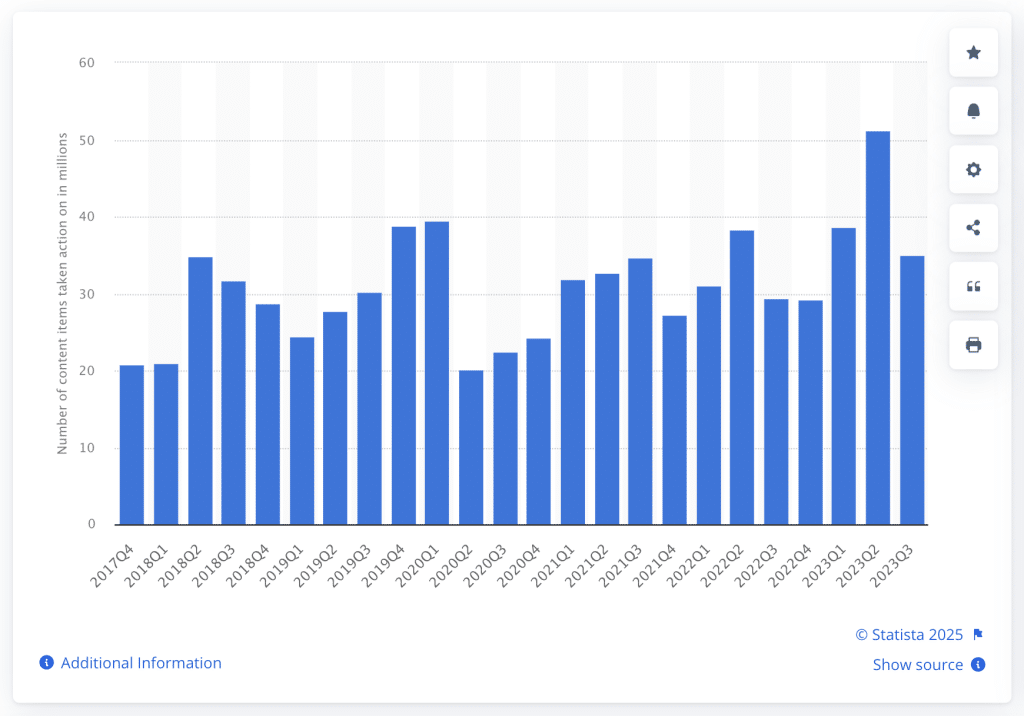
- Inconsistent Enforcement: Moderation practices are applied unevenly, leaving artists uncertain about whether their work will be allowed. This inconsistency erodes trust and makes it difficult for creators to engage authentically, as their work risks being subject to arbitrary platform decisions.
Integration with Instagram
Instagram’s integration with Facebook provides convenient cross-posting features, but it also raises important concerns for artists navigating both platforms.
- Cross-Posting Feature: While Instagram allows seamless sharing to Facebook, content remains subject to Facebook’s strict policies. This can lead to the removal of posts that were originally permissible on Instagram, causing frustration for creators aiming to maintain consistent visibility across platforms.
- Platform Overlap: Since both platforms are managed by Meta, many artists see little value in maintaining a distinct Facebook presence. The redundancy creates added effort without clear benefits, especially when Instagram might already fulfill most of their audience engagement needs.
Trust Issues with AI and Content Use
Artists are increasingly vocal about their concerns surrounding AI and its impact on their creative work. Meta’s handling of content use has ignited significant trust issues among creators.
- AI Training Without Consent: Meta’s plans to use public content from Instagram and Facebook to train AI systems—often without explicit user consent—have sparked serious ethical and copyright concerns. Many artists worry their work could be exploited without acknowledgment or fair compensation.
- Copyright and Creative Risks: The use of publicly shared art in AI model training risks unauthorized replication of unique artistic styles, infringing on the intellectual property rights of creators. This, combined with Meta’s prioritization of viral content over quality, often reduces artistic value and places unnecessary pressure on creators to constantly produce content.
- Format and Presentation Limitations: Artists also face frustrations with Meta’s restrictive formats and limited options to present their work authentically, further impacting their creative freedom and ability to showcase their art effectively.
- Eroding Trust in Meta: Ultimately, these policies, combined with the constant pressure for content creation and limited support for artistic integrity, have eroded trust in Meta’s ecosystem. For many, this has become a tipping point, emphasizing the urgent need for transparency and respect for creators’ rights.
Preference for Alternative Platforms
Artists are increasingly turning to platforms that value community, creativity, and user rights over commercialization. These platforms provide safer, more supportive spaces for artistic expression.
- Community-Oriented Spaces: Platforms like Behance, DeviantArt, and Patreon appeal to artists by fostering supportive, collaborative communities. These spaces emphasize connection, feedback, and mutual growth rather than purely commercial ambitions, creating a welcoming environment for creators.
- Creative Freedom: Smaller or artist-centric platforms offer greater creative freedom without the looming fear of arbitrary censorship or the misuse of personal data. Artists feel empowered to share their work authentically and explore new ideas without limitations or exploitation.
- Fair Compensation: Platforms like Rarible and Nifty Gateway offer decentralized, creator-focused marketplaces that give artists greater control over their work and reward them fairly for their efforts through crypto-based systems. As a result, artists can monetize their content in more equitable ways without relying on traditional gatekeepers.
Ethical and Political Concerns
For many artists, the ethics and values of a platform play a crucial role in their decision to engage with it. Concerns about issues like misinformation, data privacy, and exploitative practices have prompted many to reevaluate their online presence.
- Impact on Society: Facebook’s history of spreading misinformation and enabling harmful content has led some artists to distance themselves entirely. They view the platform as incompatible with their ideals and worry about the broader implications of supporting such spaces.
- Personal Values: Transparency, integrity, and ethical practices are non-negotiable for many creators. Platforms that align with these values foster trust and loyalty, encouraging artists to share their work in environments that reflect their principles.
Final Thoughts!
Ultimately, artists are increasingly prioritizing platforms that align with their values, respect their creative ownership, and provide fair opportunities for monetization. Ethical considerations and the societal impact of online spaces are shaping where creators choose to share their work. By supporting ethical, transparent, and decentralized platforms, artists can not only protect their own interests but also advocate for a healthier, more equitable digital ecosystem.
Test your knowledge
Take a quick 5-question quiz based on this page.

